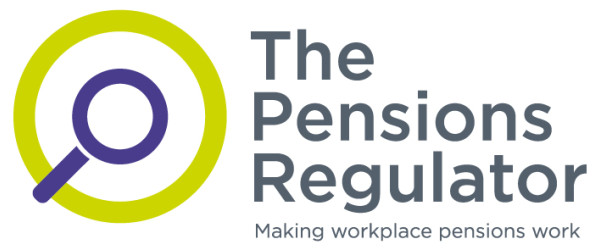Businesses dealing with defined benefit pension schemes face a changed world of regulation with the new Pension Schemes Act 2021 having cleared all Parliamentary stages and to receive royal assent imminently.
The Act will be accompanied by a flurry of consultations, regulations and guidance as the government and the Pensions Regulator (TPR) set out their new vision for ensuring that companies accept their responsibilities for pensions.
The previous approach to pensions regulation was criticised following the high-profile collapses of BHS and Carillion. Before these collapses, both companies had been allowed to leave their schemes with large unfunded deficits.
The Government responded with the new landmark Pension Schemes Act 2021 to deter reckless behaviour and prevent the abandonment of pension schemes by their employers.

Companies will also find TPR’s powers backed by criminal sanctions for non-compliance
This new legislation is a game changer when it comes to how corporates should manage their pension schemes. Up to this point, regulation has been focused on getting money into pension schemes. Now, there can be criminal consequences for corporate activities which may impact on the business responsible for a pension scheme.
Board decisions that are seemingly unrelated to pensions will need to be viewed through the prism of the Act.
Corporate groups’ financial responsibility to pension schemes
TPR has long had powers to compensate for the moral hazard of corporate groups that abandon pension schemes to a weak sponsoring company which has limited recourse to the wider group for funding support.
In practice, these powers have been rarely used and some saw TPR as a paper tiger.
Under the new Act, TPR will have more grounds upon which it can issue a “contribution notice”, requiring employers and group companies to make immediate payments to the pension scheme.
Companies will also find TPR’s powers backed by criminal sanctions for non-compliance with these orders. Taken together, these measures add the prospect of an unlimited fine on top of companies’ liability to the scheme.
Even when not directly involving the scheme’s sponsoring employer, groups will have to consider the impact on pensions of many standard activities - including M&A, restructuring and refinancing.
Often, companies have found it possible to pay money into the pension fund as compensation for the effect of a transaction, but they may now find this harder as a result of the extended grounds for TPR actions that this legislation delivers.
Companies may discover they need to involve TPR, and even apply for formal clearance, where prior to the Act they might have gained sufficient comfort from reaching a deal with pension trustees.
Notifying TPR and pension trustees during M&A and other corporate actions











